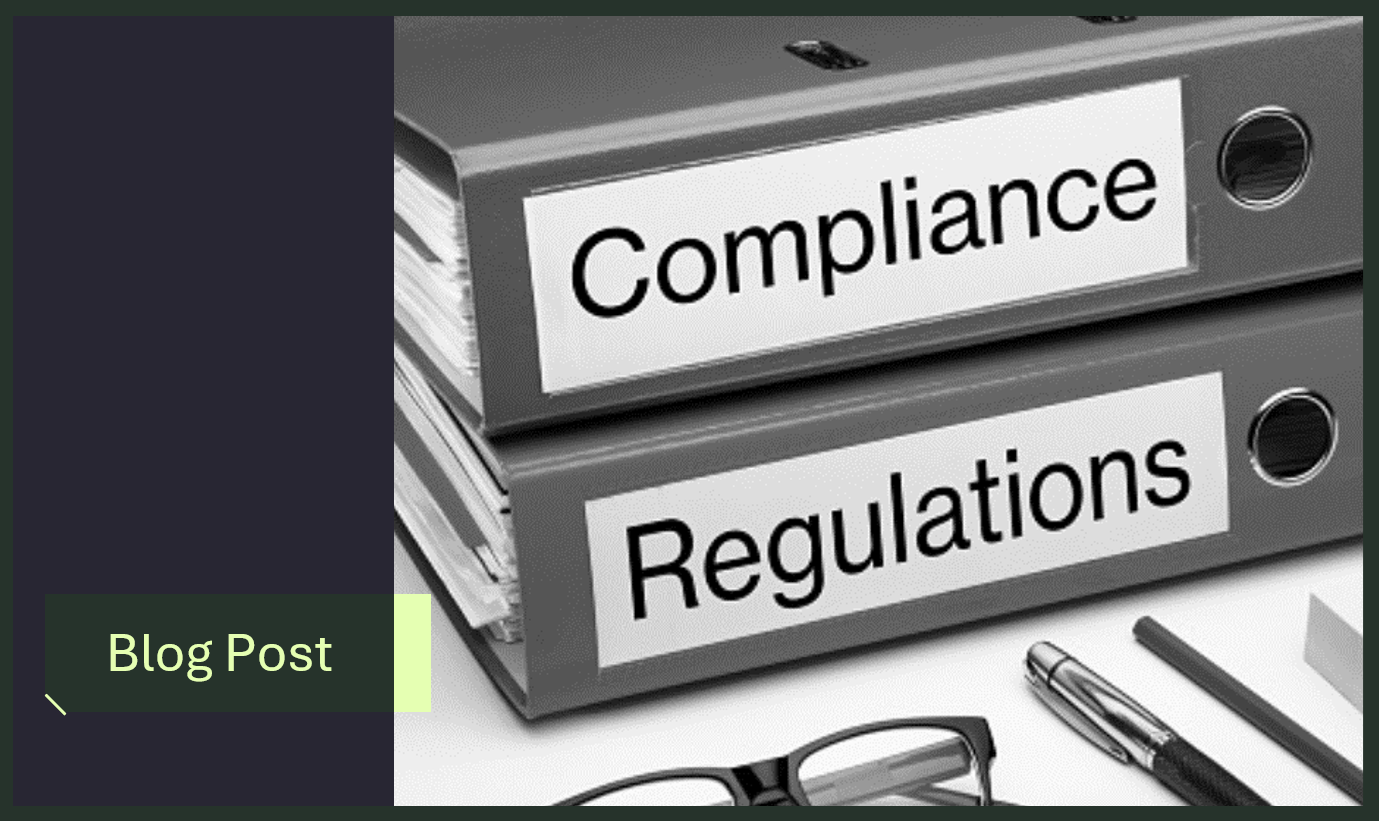-
What We Do
What We Do
Explore >
Up to top (this text gets replaced by JS) Up a level (this text gets replaced by JS)
- Our Solutions to Your Problems
- Transform the Back Office
- Fortify Data Governance
- Simplify Regulatory Compliance
- Digitalise Client Servicing
- Adapted to Your Needs
- Global Firms
- Regional Specialists
- Here’s the Proof
- How we helped NZPT
- Products Products Explore >
- Partners
-
Insights
Insights
Explore >
Up to top (this text gets replaced by JS) Up a level (this text gets replaced by JS)
- Recognised as an industry leader
- Awards
- Contact Us
In today's regulatory landscape, trust firms in Switzerland must prioritise building a strong compliance culture to ensure adherence to regulatory requirements and ethical conduct. Business owners must demonstrate they put compliance at the centre of business operations to attract and retain compliance professionals. Here are some strategies to show you how.
1. Establishing a Robust Compliance Framework: Highlight your firm's compliance framework, which forms the foundation of a strong compliance culture. Ensure your framework aligns with relevant regulatory requirements, including those set by FINMA. Illustrate the firm's commitment to maintaining regulatory compliance as a top priority. Ensure the firm highlights how compliance professionals play a crucial role in establishing and maintaining this framework.
2. Ethical Conduct: Emphasise the importance of ethical conduct within your firm. Demonstrate how you uphold high ethical standards in all aspects of your operation. Develop ethical principles and values that guide decision-making and actions, creating a culture of integrity and trust.
3. Compliance Policies and Procedures: Ensure you have robust compliance policies and procedures. Work with your compliance manager to cover a range of regulatory areas, including anti-money laundering (AML), know your customer (KYC), data protection, and risk management, which demonstrates your firm's commitment to compliance. Emphasise that compliance professionals will have the opportunity to shape and refine these policies to meet evolving compliance standards.
4. Risk Management Practices: Work with your compliance manager to make sure your firm's risk management practices are integrated within the compliance culture. Be clear that you appreciate the role compliance professionals play in identifying, assessing, and mitigating risks that could potentially impact the firm. Highlight the organisation's risk management framework and ongoing monitoring efforts and ask where compliance could make improvements. You should ensure your compliance team contribute to the overall risk management strategy.
5. Continuous Compliance Education and Training: Illustrate your firm's commitment to ongoing compliance education and training. Discuss the programs and initiatives they think could be put in place to ensure they stay up-to-date with regulatory changes and industry best practices. Highlight opportunities for professional development and certifications related to compliance.
6. Collaborative Approach to Compliance: Develop a collaborative approach to compliance. Showcase how different teams, including compliance, legal, and business functions, can work together to ensure compliance with regulations. Encouraging cross-functional collaboration, open communication channels, and regular compliance meetings or committees will only lead to better outcomes for the business.
7. Compliance Technology and Tools: Discuss the need to implement where appropriate compliance software, data analytics, and automation solutions that streamline compliance processes, enhance monitoring capabilities, and facilitate reporting. Showcase how compliance professionals can contribute to leveraging technology to streamline compliance efforts and improve efficiency.
8. Compliance Leadership and Support: Ensure you support compliance initiatives. Help set the tone and involvement of senior management and allocation of resources to support compliance efforts. Illustrate how compliance is seen as a strategic function within the organisation.
Attracting and retaining compliance professionals in Switzerland requires showcasing a strong compliance culture. By emphasising your trust firm's commitment to regulatory adherence they are more likely to choose your organisation and contribute to its success.
